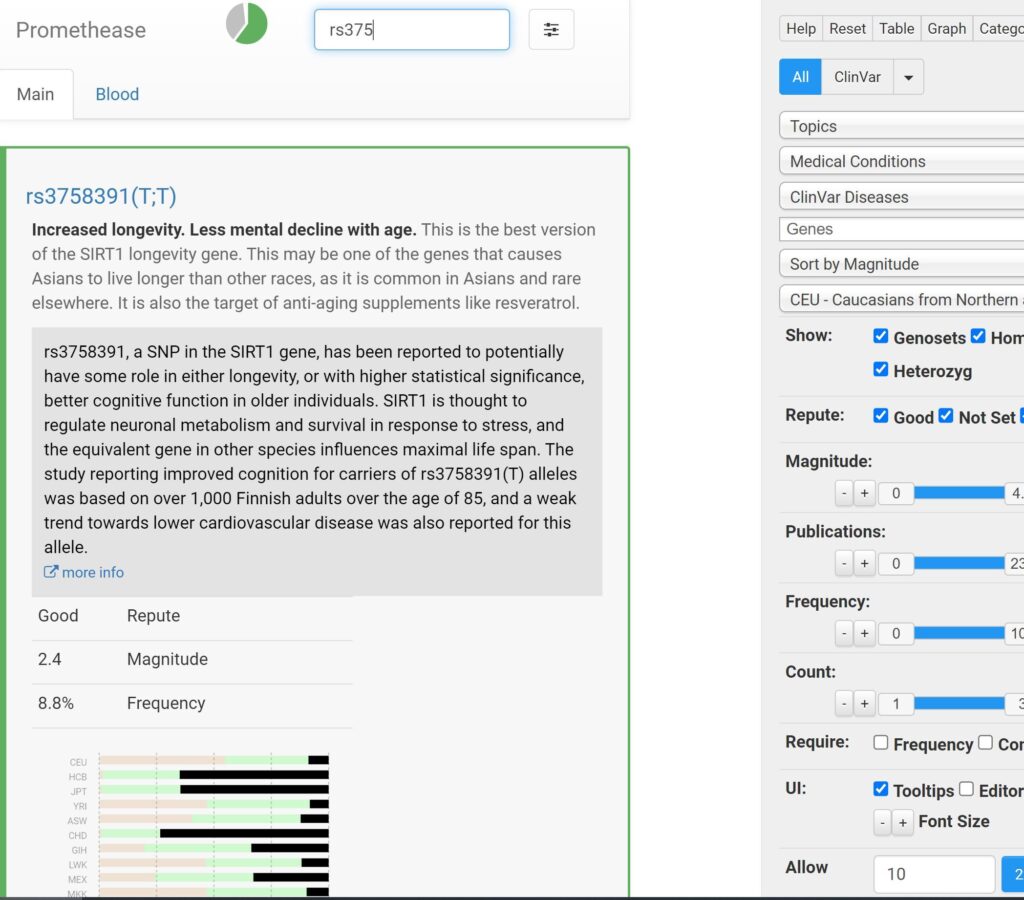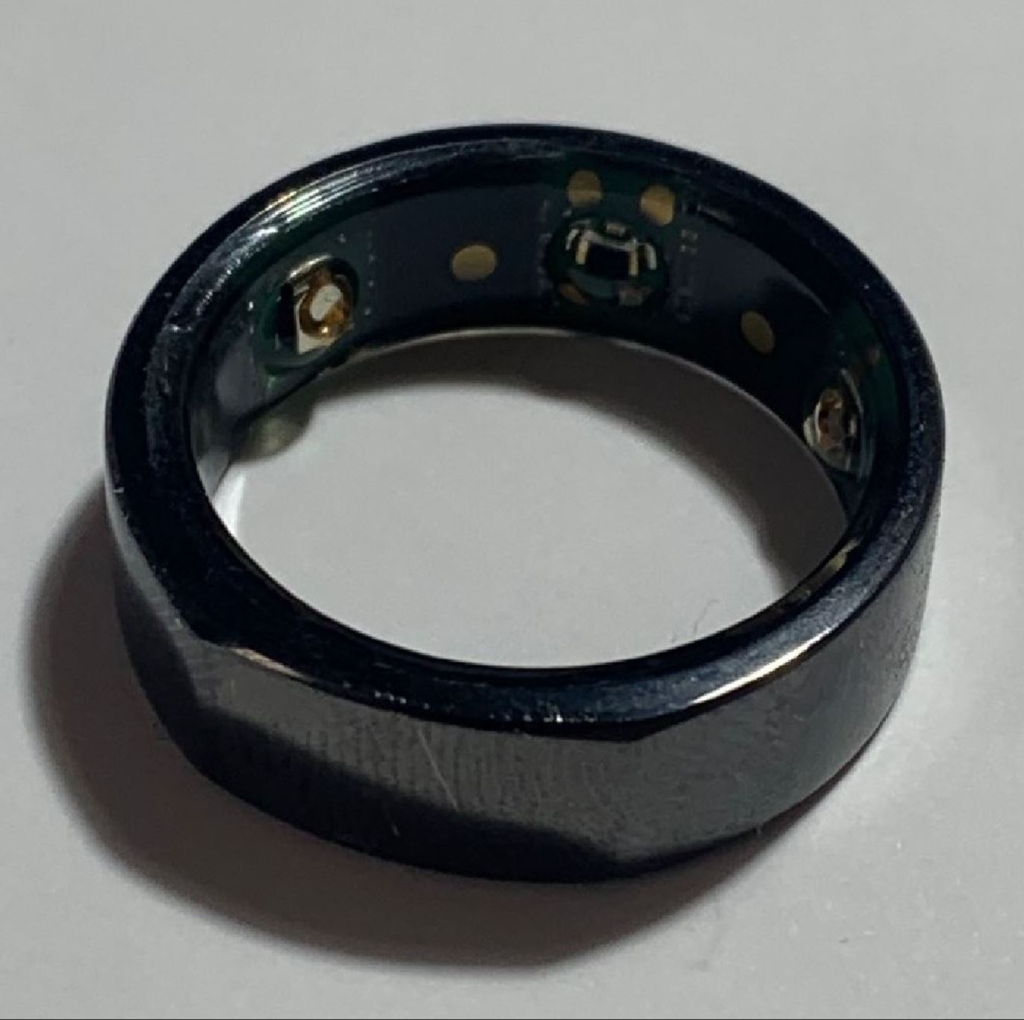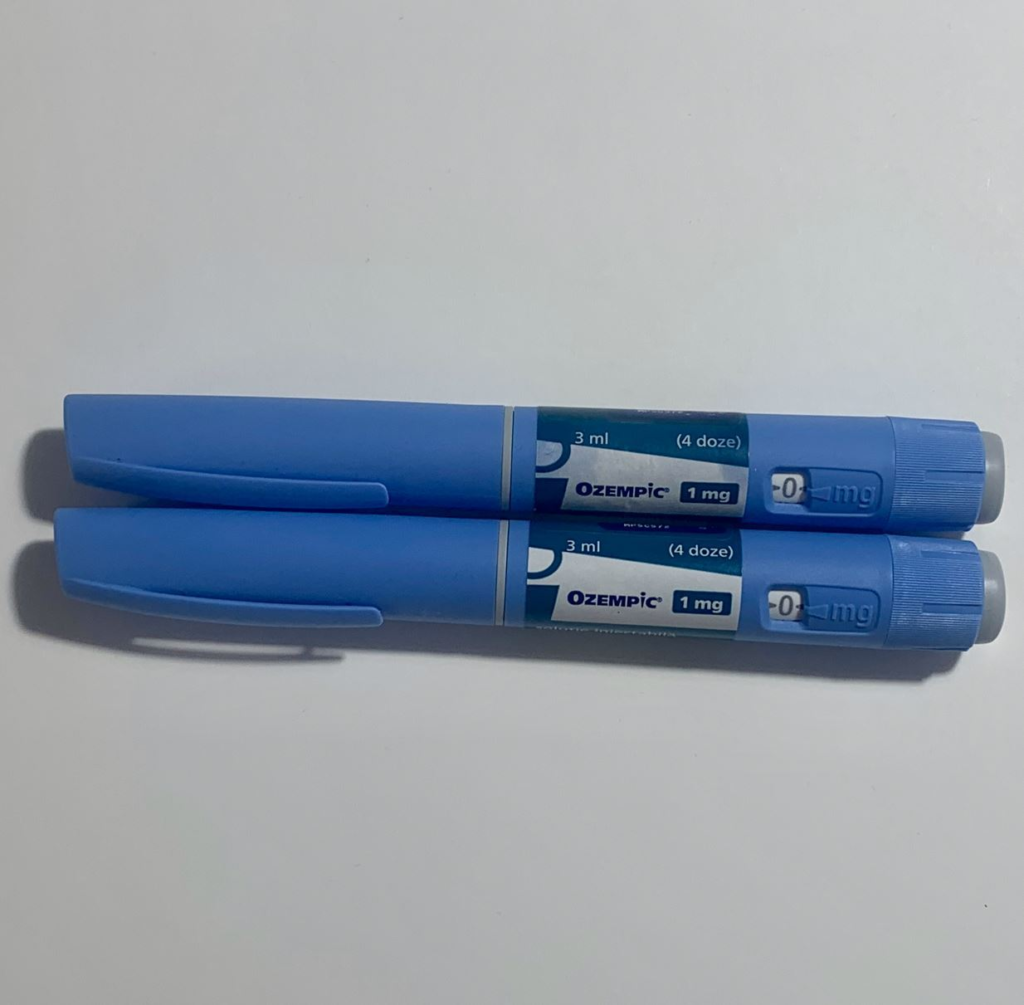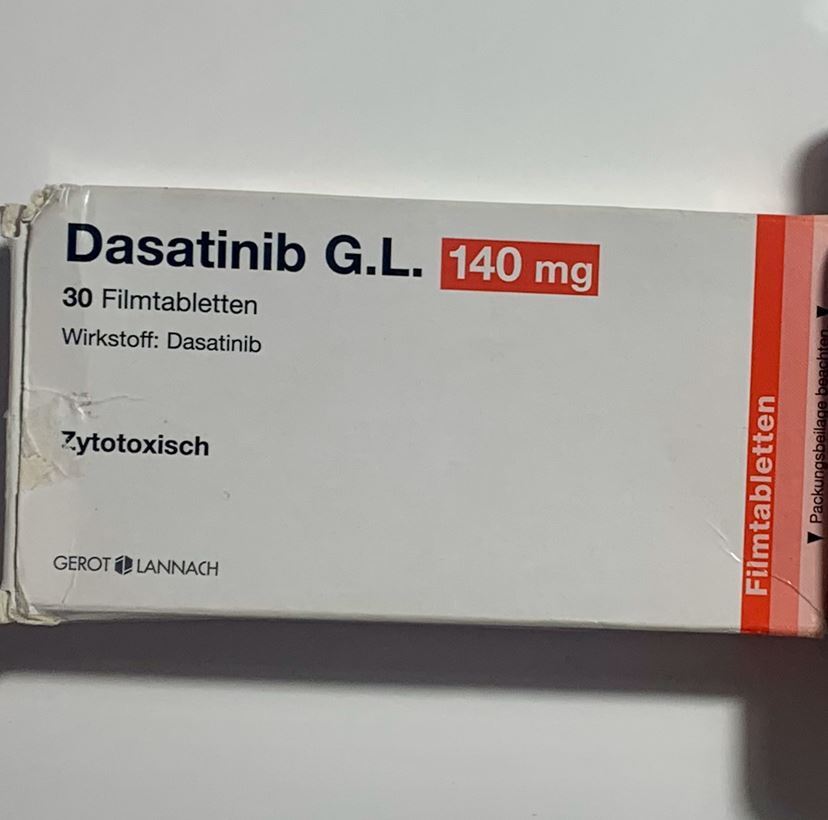Aging is the progressive deterioration of an organism over time. This decline happens due to a multitude of different and independent factors, which are all cross-interacting and driving each other in a number of ways.
As a consequence, every single one of my bodily systems slowly but relentlessly degenerates. The cardiovascular system degenerates resulting in atherosclerosis, the bones degenerate resulting in osteoporosis, the joints degenerate resulting in osteoarthritis, the muscles degenerate resulting in sarcopenia, the nervous system degenerates resulting in dementia, the eyes degenerate resulting in presbyopia, the inner ear degenerates resulting in presbycusis, the immune system degenerates resulting in immunosenescence, etc.
If my objective is to slow down functional decline, I need to attack aging from multiple angles simultaneously. Because a healthy diet, sleep, exercise, and stress reduction can only get me so far, I also rely on pharmaceuticals. More fancy methods on the horizon are discussed here: The Exciting Future of Longevity Medicine.
Over the years, I have experimented with many different exercise regimens, diets, hormones, and prescription drugs. At one point, I was taking seven or eight hormones plus about ten prescription drugs at the same time. A good friend once said that self-optimization is a little like porn. People start out with the soft stuff, then move on to the not-so-soft stuff, and gradually end up at the hard stuff.
I started out with supplements but at one point, I was taking over fifteen prescription drugs. After a messed-up plant-medicine experience, I was thrown into a deep existential crisis. I decided to come off everything. Over the course of only a week, I withdrew about a dozen drugs at once. For the first time in 7 years, my body was functioning entirely on its own, which was a deeply spiritual experience.
Since then, I have redesigned my protocol from scratch and have considerably cut down on the number of pharmaceuticals while ramping up my lifestyle efforts.

Because this article is already quite long, in the following sections, I will limit my discussion to the basics while linking to articles in which I cover the topics in much more depth.
Genetics
Genetic factors trump a lot. This holds true for longevity in the same way it holds true for intelligence or athleticism (for more: Biohacking Can’t Beat Genetics).
Many of the supercentenarians (above 110 years of age) made it to this age not because of their lifestyle. Some of them had been drinking or smoking for decades. Their longevity mostly comes down to impeccable genes.
People with two copies of the ApoE2 allele are pretty much immune to Alzheimer’s disease, and people with genetic PCSK9 hypofunction are pretty much immune to cardiovascular disease, the latter of which kills about 50% of the population. People with certain versions of FOXO3 are three times more likely to make it to 100 years.

When it comes to longevity genetics, I was quite lucky.
- I have favorable SNPs in a lot of the known longevity genes (e.g., SIRT1, FOXO3, AKT1, p53, CDK2ND).
- Other than a Leiden mutation, I do not carry any genes that are strongly linked with a specific disease (e.g., Lp(a), PCSK9 hypofunction, LDLR, APO E, PPAR subtype polymorphisms, HLA genes associated with autoimmunity).
However, humanity’s knowledge about genetic factors and how they interact with other genetic and non-genetic factors to cause a certain phenotype is still quite limited. Regardless, perhaps the single most important thing I can do to live longer is to have picked the right parents. My grandpa recently died at age 96 without any evidence of dementia, so there is a decent chance that I got some of my favorable longevity genes from him.
I´ll discuss some of the findings of my genetic tests in more detail here: What Genetic Tests Have Told Me About My Longevity
Diet
For a long time, I had been practicing intermittent fasting + a low-carb paleo-keto style diet. Overall, this was presumably overkill and made me feel and function worse.
I have stopped all kinds of fasting (including multi-day fasting), have increased my carbs from 100 to about 200-300g per day, and have considerably upped my caloric intake from 2500 to roughly 3500 kcal per day, which has increased my vitality by a significant degree.
I believe that a lot of the common advice from “health gurus” is detrimental if not dangerous to healthy people – especially if they mess up the context in which this advice is given (namely, to unhealthy people).
I now believe that if I cut out most processed food and sugar, get an adequate caloric intake (which is much higher than I was led to believe), and titrate my carbs to leanness and activity levels, I already get 80% or so of what is maximally attainable through dietary intervention. Therefore, given these things are met, I now believe diet to be a low-leverage lever to pull if compared to sleep, exercise, or drugs.
I occasionally wear a blood glucose monitor and I try to limit glucose excursions.

I discuss my diet in much more detail here.
Exercise
Even though the section on exercise is short, for several reasons, daily exercise is one of the best things (if not the best thing) I can do to improve my longevity. I do about 1 hour of exercise per day with usually one rest day per week. I generally alternate between resistance training and cardiovascular exercise.
More specifically, I do two to three 1 hour sessions of zone 2 exercise per week, each of which I usually end with 10 minutes of high-intensity training. To maintain strength and muscle mass, I do a full-body workout twice per week. In terms of mobility, I do daily stretches, including my psoas major, quads, and pectoralis muscles, and I strengthen my glute medius and tibialis anterior.
In addition to strategic exercise, I aim to also get in a lot of casual movement throughout the day. For example, I love going for walks and I also interrupt long blocks of sitting with a 2-minute kettlebell exercise every two hours.
I discuss my exercise regimen in much more technical detail here.

Sleep
I put a prime on behavioral tactics to optimize my sleep. These include going to bed at the same time, going to bed earlier than later, sleeping in a pitch-black dark and quiet environment, having a cooling blanket, and a handful of supplements.
I discuss my approach to sleep enhancement in much more detail here.

Supplements
Out of all of the points on this list, supplements are most likely the lowest-value item. I take a lot of supplements. These include 1g salt, 2g EPA/DHA, 600mg magnesium, 15mg zinc, 3.000 IU vitamin D, 2400mg phosphatidylcholine, 500mg L-acetyl-carnitine, 1g beta-alanine, 300mg NAC, 1g TMG, 250mg VitC, 1mg L-methyl folate, 45mcg VitK2, 5g glycine, 500mg taurine, 60mg CoQ10, 500mg inositol, and occasionally a low-dose vitamin B-complex.
I also take astaxanthin, the only proven longevity supplement (discussed here).
Many of these supplements are probably a waste. Unfortunately, I do not know which ones.

I avoid plant/herbal/fungal supplements (e.g., ashwagandha, rhodiola, curcumin, etc.) because I believe that whatever good can be got from them can also be gotten from pharmaceutical drugs, without the countless off-target effects, messing up the Cytochrome P450 enzyme system, and without playing roulette with manufacturers. Furthermore, I believe the “anti-aging”-supplements resveratrol and NAD/NMN are close to worthless for anti-aging purposes.
I discuss the supplements I take, and why I take them, in more detail here.
Mental health
From a longevity perspective, mental health underlies much of what causes disease and death, in part because mental health influences lifestyle and behaviors. I believe that “baseline vitality” is one of the most important underlying factors determining my mental health.
For a list of articles on mental health, see here.
Metabolic drugs
Metabolic health is the cornerstone of longevity. Over the last couple of years, I have experimented with a host of metabolic drugs, including lipid-lowering agents, antidiabetic drugs, antihypertensives, uric acid-lowering drugs, and vasodilators. However, few of these have stood the test of time and I currently only take a very low dose of allopurinol. I recently stopped the low dose of semaglutide & metreleptin because I am currently trying to gain weight.
I describe my experience with these drugs in more detail here.

Hormones
A proper hormonal balance is essential to disease prevention, health, longevity, and quality of life. However, replacing hormones is a tricky thing to do. Turn one gear and many other gears turn as well. At the moment, the hormones I supplement with include
- Vitamin D
- A low dose of hCG to increase my testosterone and estradiol levels (but without my HTPA being shut down). I combine this with a low dose of finasteride, which seems to affect aging favorably, not just from a cosmetic perspective. For more: My TRT Lite Protocol
I discuss my experience with hormones here. I discuss the topic of hormones & longevity in more detail here.

Downregulating the mTOR pathway
Some of the few interventions that seem to offer robust longevity benefits are rapamycin, caloric restriction (CR), and some degree of fasting. They have a lot of overlapping mechanisms and benefits.
Most importantly, they all suppress mTOR. Simplistically speaking, cells are in a “growth mode” when mTOR is highly active and in a “conserve-resources mode” when the mTOR pathway is little active.
mTOR is crucial for the growth and development of an organism to reach sexual maturity. However, usually, organisms die long before aging kills them, which means that evolution never bothered with reducing the activity of growth pathways after sexual maturity is reached.
Many experiments have shown that mTOR is one of the few “control knobs” of aging and elevated mTOR is at the center of many age-related diseases. mTOR inhibitors are a (potential) chemical fix for a problem evolution never bothered to address.

Pharmacologically reducing the activity of the mTOR pathway mimics the positive life-extension and health-extension effects of caloric restriction and combats many aspects of the aging process.
In laboratory animals, rapamycin slows cellular senescence, improves metabolic health, and helps prevent atherosclerosis, cancer, and neurodegeneration. Furthermore, there is evidence that mTOR inhibition slows down the rate of degeneration of the brain, heart, bones, kidney, liver, skin, adrenal glands, ovaries, stem cells, and pretty much every other tissue and organ. Furthermore, rapamycin seems to be pretty good at reducing age-related sterile inflammation.
I have been taking weekly doses of rapamycin for a little over 5 years. I started out with higher doses (6-7mg/week), though over time I have decreased my dosage to 4mg once per week while taking a 3-month break during the winter months.
Initially, I had some annoying canker sores, some hyperglycemia, and some pitting edema in my legs. After a couple of months, I have not noticed anything, either good or bad. Sometimes I stop taking rapamycin during the winter months because I seem to catch more viral infections on it – in fact, off rapamycin, I barely ever catch a viral infection.
One could argue that, for me, being in my late twenties, the risk-reward ratio does not make sense as in the next 10-20 years we will have a lot more info on the risks of rapamycin. And I partially agree. However, towards the end of their thirties, many people report worse recovery, flexibility, greying hair, changes in body composition, and metabolic issues, among other things.
My thirties are my last “youthful” decade and if I can prolong my health and vitality by a bit, I am willing to take the (small?) risks associated with mTOR inhibitors. In my opinion and as I currently see it, taking rapamycin has fewer risks and downsides than not taking it – but I could be wrong. I am continuously monitoring the space and I am open to changing my mind.
I describe my experience with rapamycin in more detail here.
Subscribe to the Desmolysium newsletter and get access to three exclusive articles!
Senolytics
As I age, more and more of my cells become senescent. Senescent cells can be compared to “zombie cells”. These cells are dysfunctional and are incapable of performing their normal tasks. However, they do take up space, which prevents stem cells and healthy cells from repopulating their niches with healthy cells.
Furthermore, senescent cells also directly hamper tissue health by secreting proinflammatory mediators (they take on a so-called “senescence-associated secretory phenotype” – SASP), including proteases, cytokines, and myokines.
In theory, if senescent cells are cleared, two things happen:
- Their cellular niches are now vacant and can be filled by new, healthy cells (derived from resident stem cells or healthy surrounding cells).
- They stop secreting proinflammatory molecules.

While rapamycin slows geroconversion (meaning that it can delay the time until cells become senescent), senolytics clear cells that have already become senescent. I have done a couple of “hit&run” cycles with senolytic drugs aimed at clearing out some of these cells.
In animal models, clearing senescent cells has been shown to ameliorate a plethora of age-related pathologies including atherosclerosis, osteoporosis, osteoarthritis, sarcopenia, hepatic steatosis, cataract formation, obesity-induced metabolic dysfunction, and possibly neurodegeneration.
To clear some of my senescent cells, I used a combination of dasatinib and quercetin, the latter of which is probably of limited utility. Dasatinib is the only senolytic clinically available for which extensive experience is available with both humans and non-human animals.
Thus far, I have done six “hit & run” cycles with dasatinib (140mg/d) & quercetin (2g/d). My last cycle was over 2 years ago and I do not plan to do a new cycle anytime soon until I have more data.
I describe my personal experience with senolytics in more detail here.
Why I do not use peptides
I discuss my personal experience with peptides and why I am literally scared of using them in more detail here.
In-depth articles
I discuss all of the points I have just discussed in much more technical & medical detail here:
- My General Longevity Framework
- My Most Likely Cause of Death – My Protocol for Fighting Atherosclerosis
- The Ultimate Frontier – My Protocol for Fighting Cancer
- My Protocol for Fighting Dementia – What I Do To Keep Brain Health Optimal
- My Approach to Hormone Optimization for Longevity
- Crucially Important & Underrated – My Protocol for Optimizing Metabolic Health
- What Is All the Fuss About mTOR?! – Why (and How) I Reduce the Activity of the mTOR Pathway
- Eliminating Zombie Cells – My Protocol for Fighting Senescent Cells
- Burning to Death – My Protocol for Lowering Inflammation
- My Physical Fitness Protocol
- My Protocol For Optimizing Organ Health
- Avoiding Toxins & Minimizing Infections
- My Protocol For Optimizing Mental Health
- What Genetic Tests Told Me About My Longevity
- Side Effects of My Longevity Protocol
Cost
About 500$ per month (including food). As I was still on metreleptin, the cost was much more.
Effort
It might seem that adhering to my regimen takes a lot of effort. It does not.
- I prepare pillboxes about once per month (1h), and take my supps & drugs two times per day (morning; before bed) with a glass of water.
- Injecting HCG (roughly 1 minute per day)
- Exercise (including my way there and back) (1.5 hours per day)
- Preparing foods (20-30min per day) – I am all for convenience (e.g., Kefir+ olive oil)
- Extensive blood work every 3 months
Developing and fine-tuning everything took me years to do, but once it had been set up, it now takes me an average 5 minutes per day (excluding exercise and preparing food).

How did this start?
Due to being too much into “fitness”, I developed stubborn hormone problems at the age of 21, followed by medically supervised hormone replacement therapy. After experiencing the extent to which exogenous intervention was able to transform my outer and inner life, I started to go down the rabbit hole of biological self-optimization.
Slowly, one at a time, and with a deep understanding of how things work, I experimented with a lot of different things. I kept about 5% of the things I experimented with.
Am I worried about long-term consequences?
For some of my interventions, I do not have the proper long-term data I would like to have (i.e., in the context of a healthy person). So yes, I am worried about the long-term consequences of my actions. However, I am equally if not more worried about the long-term consequences of inaction.
(Potential) Benefits
All of the biomarkers I test for are great, though most of them have also been great before. I look young for my age, I feel well, I am athletic, I have good energy levels, and I can work in a focused way for long hours. But so are many others my age. Thus far, I have not seen any obvious benefits of my regimen. However, encouragingly, I have also not experienced any obvious downsides over the course of over half a decade.
My protocol is probably far from sufficient to meaningfully counter the aging process. Rather than extending maximum lifespan, it may have a much stronger effect on my health span, hopefully allowing me to live in a state of reasonable vitality until my time in this universe has run out.
Goals
My objective is to strike a decent balance between longevity and vitality (as unfortunately, longevity and vitality are sometimes at odds – for example, caloric restriction). I personally do not care about maximum life span extension as this comes with quality of life tradeoffs I am not willing to make. Said in other words, my objective is to live well for a long time (health span).
If I had to choose between longevity and vitality, I would choose vitality without a second thought. Fortunately, these two are not necessarily mutually exclusive. Longevity is not only about prolonging health span, but also about being healthy and feeling good in the here and now because improving metabolic, cellular, and tissue function presumably also benefits me in how I feel and function in my everyday life.
Subscribe to the Desmolysium newsletter and get access to three exclusive articles!
Risks
Many people perceive what I do to be aggressive, dangerous, detrimental, risky, and stupid. However, I believe that most of the things I do are much less aggressive, dangerous, detrimental, risky, or stupid compared to e.g., alcoholism, tobacco abuse, or obesity, which affect about 50% of the population.
In my opinion, the major difference between these things and what I do is the so-called “familiarity principle”: The more we are exposed to something (e.g. alcohol, cigarettes, obesity), the more familiar we are with it – and the more familiar we are with something, the more normal and safe it seems. However, my cells could not care less about arbitrary culture-bound familiarity.
Even though some of this is uncharted territory (at least it was when I first started doing it five years ago), I believe that the risks of my current regimen are quite low given the currently available clinical and experimental data. The riskiest thing I did was most likely CrossFit.
Furthermore, I continuously monitor a number of things, I do a full-body MRI every three years, and I have ready access to a lot of great doctors. People who are doing anything similar without extensive self- and other-monitoring, particularly if said people do not have a medical background, are likely heading for catastrophe.
Side effects
I have been on this or a similar protocol for about five years. No major side effects as of yet. I´ll discuss some minor side effects and roadblocks in more detail here: Side Effects of My Longevity Protocol
Philosophy
I briefly describe my philosophy, and why I do everything I do, here.
Disclaimer
The content on this website represents the opinion and personal experience of the author and does not constitute medical advice. The author does not endorse the use of supplements, pharmaceutical drugs, or hormones without a doctor’s supervision. The content presented is exclusively for informational and entertainment purposes. Never disregard professional medical advice or delay in seeking it because of something you have read on the internet.
